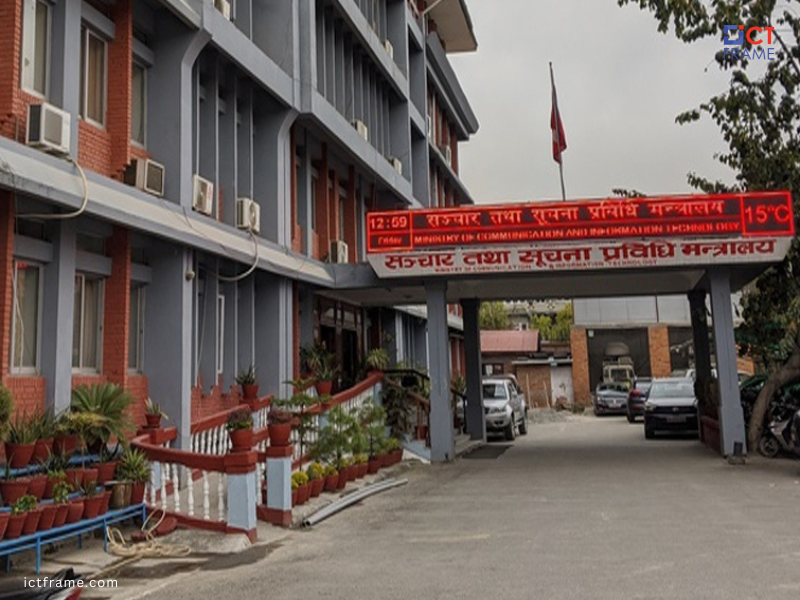Department of Information Technology Director General Paudyal Resigns, Citing Civil Service Stagnation
DoIT Director General
5th September 2025, Kathmandu
In a significant development for Nepal’s public administration and technology sector, Ramesh Sharma Paudyal, the Director General of the Department of Information Technology (DoIT), has tendered his resignation.
DoIT Director General
Paudyal, a Joint Secretary of the Information Technology Technical Group, officially cited personal and family reasons for his departure. However, sources within the Ministry of Communication and Information Technology speculate that the resignation is a strategic move, prompted by a legislative setback and a lack of career progression for senior IT officials within the civil service framework.
Koshahari Nirola, head of the Ministry’s Administration and Planning Division, confirmed the resignation, stating that Paudyal submitted his letter citing an inability to continue his service due to personal and family commitments.
This official reason, however, is being viewed with skepticism by ministry insiders who point to recent changes in the proposed Civil Service Bill.
The Civil Service Bill and a Promotion Dead End
For a long time, the Information Technology technical cluster within Nepal’s civil service has faced a unique challenge: the promotional hierarchy stops at the level of Joint Secretary.
There is no provision for a higher post, such as an Additional Secretary, which exists in other administrative clusters. This has created a professional bottleneck, discouraging senior, capable officials from continuing their service beyond the Joint Secretary level as they have nowhere to advance.
There was a glimmer of hope for IT professionals when the government’s initial draft of the Civil Service Bill included a provision to create an Additional Secretary position for their cluster.
This would have provided a much-needed path for promotion and recognition, encouraging top talent to stay within government service. However, that hope was short-lived.
The National Assembly, in its review, amended the bill to remove this crucial provision, a change that the House of Representatives is expected to uphold. This legislative decision effectively closed the door on further promotions for high-ranking IT officials.
The “Cooling Period” Dilemma
The timing of Paudyal’s resignation, following the amendment of the Civil Service Bill, is considered particularly telling. According to an official from the ministry, Paudyal’s decision may have been influenced by the new “cooling period” provision in the bill.
The new law imposes a two-year restriction on civil servants, prohibiting them from taking up other public or government-appointed positions immediately after their resignation or retirement.
The source, speaking on condition of anonymity, stated, “He is a capable person and has the potential to find opportunities elsewhere. Since the Civil Service Bill imposes a two-year cooling period after resignation, he may have decided to leave now rather than later.”
This suggests that Paudyal’s resignation was a calculated move to avoid being subject to the cooling period, which would have severely limited his professional options for the next two years.
Paudyal’s departure is seen as a significant loss for the Department of Information Technology. As the Director General, he held a key position in a department vital for the country’s digital transformation initiatives.
His resignation, therefore, highlights a larger systemic issue: the government’s failure to create a conducive environment for its senior IT professionals.
The lack of a clear career path and the imposition of restrictive post-service clauses are seen as factors that could drive more talented and experienced officials out of the civil service.
The incident underscores the growing disconnect between the government’s ambitious vision for a “Digital Nepal” and the outdated administrative and legislative frameworks that govern its IT personnel.
For the government to retain and nurture its best minds in the technology sector, it will need to address the structural issues that made a capable professional like Ramesh Sharma Paudyal feel that his only viable option was to resign.
For more: DoIT Director General







